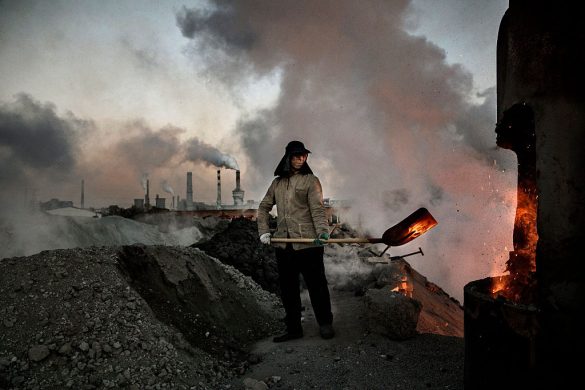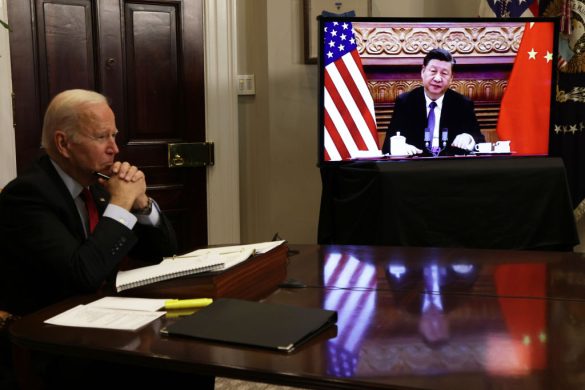Under the new law, China will have a single counter-terrorism body which the country's public security ministry says "will be in charge of identifying terrorist activities and personnel, and coordinate nationwide anti-terrorist work", reports BBC online Monday.
Official Chinese media cited a knife attack which left 29 people dead at a train station in 2014 as giving greater urgency to the the legislation.
The attack by four assailants was widely attributed to a Uighur group, the mainly-Muslim minority in the western Xinjiang province.
The Chinese government is keen that the undoubtedly tough measures it takes there are viewed as "counter-terrorism" (similar to measures taken by Western countries) rather than as the oppression of an ethnic minority.
The law will also give the authorities greater rights to monitor private communications. Just like in other countries, the government says this will not infringe liberty.
Except for pre-approved news media outlets, nobody is allowed to report on a terror attack nor the authorities' response, online and offline.
Human rights groups say the laws are too broad and sweeping, and could be used to crack down on dissidents as well as religious minorities, BBC notes.
Prominent Chinese dissident Hu Jia tweeted on Monday of the new laws:
"What it is used for is not terrorism, but rather in the name of combating terrorism, it attacks all kinds of protests, particularly group and street protests. It creates all kinds of emergency situations where it can monitor and severely restrict citizens and groups."














